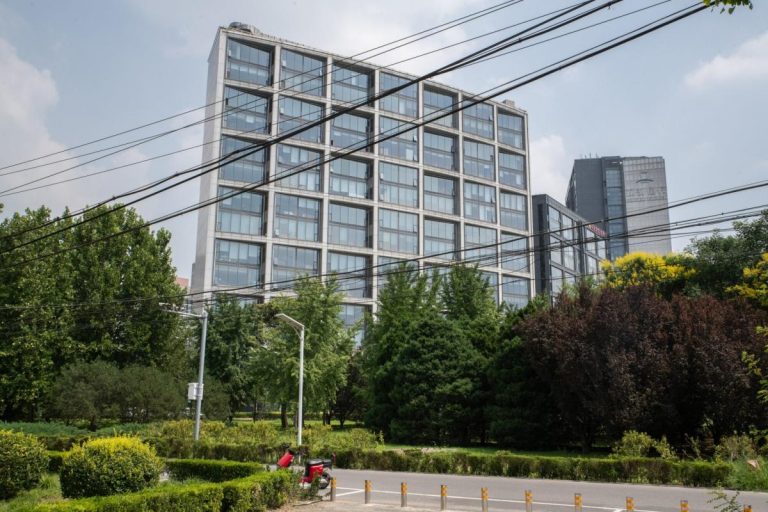(Bloomberg) — Troubled shadow banking giant Zhongzhi Enterprise Group Co. revealed the extent of its financial woes, telling investors it was “severely insolvent” with a $36.4 billion deficit.
Most read on Bloomberg
The private wealth manager said liquidity had dried up and the recoverable amount from asset sales was expected to be small, according to a letter sent to investors Wednesday and seen by Bloomberg News.
Zhongzhi first sparked concern in August after one of its affiliated trust companies failed to make payments to clients on high-yield investment products. The group’s financial woes add to President Xi Jinping’s challenges as officials grapple with a housing crisis and a weak economy.
« The government will have to step in to help and ensure that the disposal of assets will be carried out in an open and fair approach, » said Sun Jianbo, founder of Beijing-based asset manager China Vision Capital, adding that questionable assets are usually sold at a 70% discount. “For investors, this is a lesson that has enormous costs.”
An audit found that Zhongzhi’s debts total between 420 billion and 460 billion yuan ($64.4 billion), compared to assets of 200 billion yuan, according to the letter.
The company said the death of its founder Xie Zhikun in 2021 and the subsequent departure of senior executives led to a breakdown in internal management. Previous « self-rescue » efforts failed to meet expectations, Zhongzhi said in the letter.
The company did not respond to a request for comment. The company had previously hired KPMG to carry out what is expected to be a lengthy restructuring process.
Those affected by Zhongzhi’s problems are likely wealthy individuals. Shadow banks like Zhongzhi are loosely regulated businesses that pool household savings to offer loans and invest in real estate, stocks, bonds and commodities. In recent years, even as rival trusts have reduced risks, Zhongzhi and its subsidiaries, particularly Zhongrong International Trust Co., have provided financing to struggling developers and scooped up assets from companies such as China Evergrande Group.
“Preliminary due diligence shows that the group has endured significant risk to the sustainable operation of its business and that the company does not have sufficient assets to cover its short-term debt,” the company said in the letter.
–With assistance from Li Liu and David Scanlan.
(Adds analyst commentary, details throughout.)
Most read from Bloomberg Businessweek
©2023 Bloomberg LP



